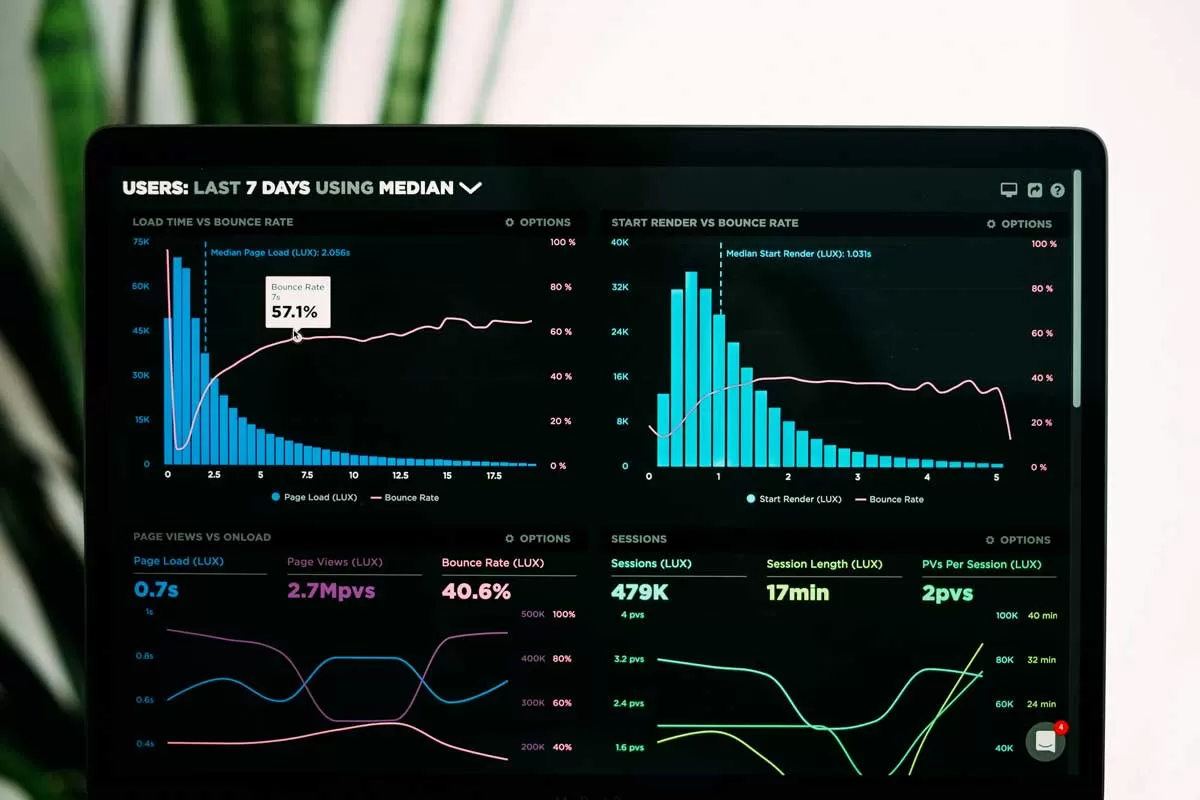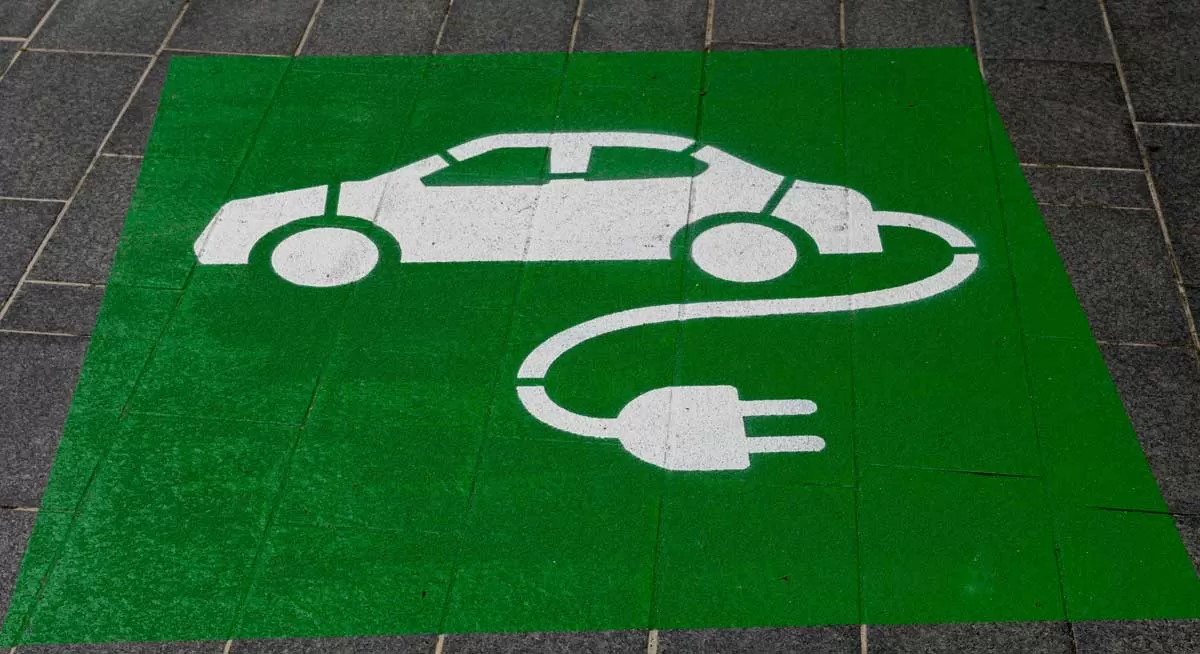
India's First Semiconductor Fab Construction Begins in Gujarat

CCI Clears Multiples GIFT Deal
The Competition Commission of India (CCI) has approved the acquisition of shareholding in Vastu Housing Finance, APAC Financial Services, and Quantiphi Inc by Multiples Plenty Private Equity GIFT Fund. The transaction involves transferring stakes from existing Multiples Group entities to the newly created GIFT Fund, structured as a trust under the Indian Trusts Act, 1882. The Multiples GIFT Fund is managed by Multiples Asset Management IFSC LLP and operates as a Restricted Scheme regulated by the International Financial Services Centres Authority (IFSCA). This strategic move is expected to st..

AAI to Survey New Airport Sites
The Airports Authority of India (AAI) is set to inspect three potential sites for Bengaluru’s second greenfield airport, marking a crucial step toward expanding aviation capacity in Karnataka. A team from AAI will conduct a ground survey in April to evaluate sites across Bengaluru South, Ramanagara, Kanakapura, and Bengaluru Rural districts. The state Infrastructure Department had previously forwarded proposals for five possible locations, of which three have now been shortlisted based on preliminary viability. The inspection will assess topography, accessibility, and airspace constraints t..

Revolt Motors Plans Major Expansion
Revolt Motors, an electric two-wheeler manufacturer backed by Hero MotoCorp, plans to double its sales outlets by the end of the current financial year (FY25). The company aims to expand from its current base of 155 outlets to over 300 across India. This move is part of a broader strategy to meet growing demand for eco-friendly mobility solutions and strengthen presence in emerging EV markets. Revolt's flagship model, the RV400, is currently available in over 100 cities. The upcoming expansion will focus on deepening penetration in tier-2 and tier-3 cities, making electric mobility more acces..














